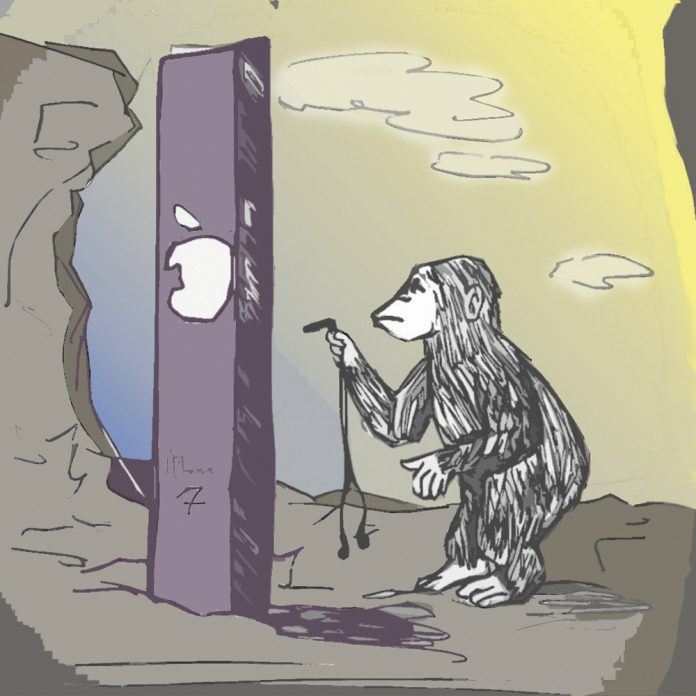Miguel Rodriguez
Staff Writer
“The only constant in life is change,” said Greek philosopher Heraclitus. More often than not, whenever something new and innovative peeks its head out into the market it is met with distrust and scorn. There are times where this criticism nails it on the head, such as when Harley-Davidson attempted to start its own line of perfume or Apple botched a clothing line.
Why is it that changes to things that we are accustomed to are usually met with resistance?
One popular example of this phenomenon is that of Apple’s recent controversy concerning the iPhone 7’s headphone jack—or lack thereof. Up until this point, nearly every single iDevice has had the standard 3.5mm headphone jack, found on the bottom of earlier models while more recent ones ventured out and decided to have the jack located at the top. However, their latest model has no headphone jack at all. People are rather disturbed by this seemingly major change, complaining left and right about it.
Driverless cars also bring numerous dilemmas. Driving a car is a surprisingly difficult and complex task that requires the human driver to focus all or most of their energy into staying safe and abiding by rules. However, when faced with the potential solution of having a car that will drive itself, these issues are thrown out the window and replaced with all the negatives of a robot driving the car. It also raises many questions such as, in the event where a car will collide, should it steer to protect its sole occupant at the cost of five pedestrian lives, or save the pedestrians while sacrificing those in the car?
This aversion to innovative advances stems from fear. There’s an old adage that goes “a bird in the hand is worth two in the bush,” which means that it’s better to definitively have some than to potentially have more. There’s a sense of security in reliability. This is also the same reason behind why, when selling things, we often price them far higher than they are actual worth, and have trouble letting them go.
In technology’s case, people would rather stick with the headphone jack or human-steered car because it’s what we’re used to. This method has been tested and tried over lifetimes; we’ve come to accept its flaws and advantages, and so there’s no need to replace it with something new and risky. Of course, people of the past have been dramatically wrong when it comes to scorning new things. Movies, television, flight travel and even personal computers were all expected to never take off back when they were getting started. In the end, only time will be able to tell if new technologies were a mistake, such as the Apple clothing line or the recent Samsung Galaxy Note 2 built-in grenade feature.
Will Apple’s wireless bluetooth headphones take off? Will driverless cars see the light of day, and become the norm some 50 years into the future? The only way to find out is to give change a shot and see where it takes you.











